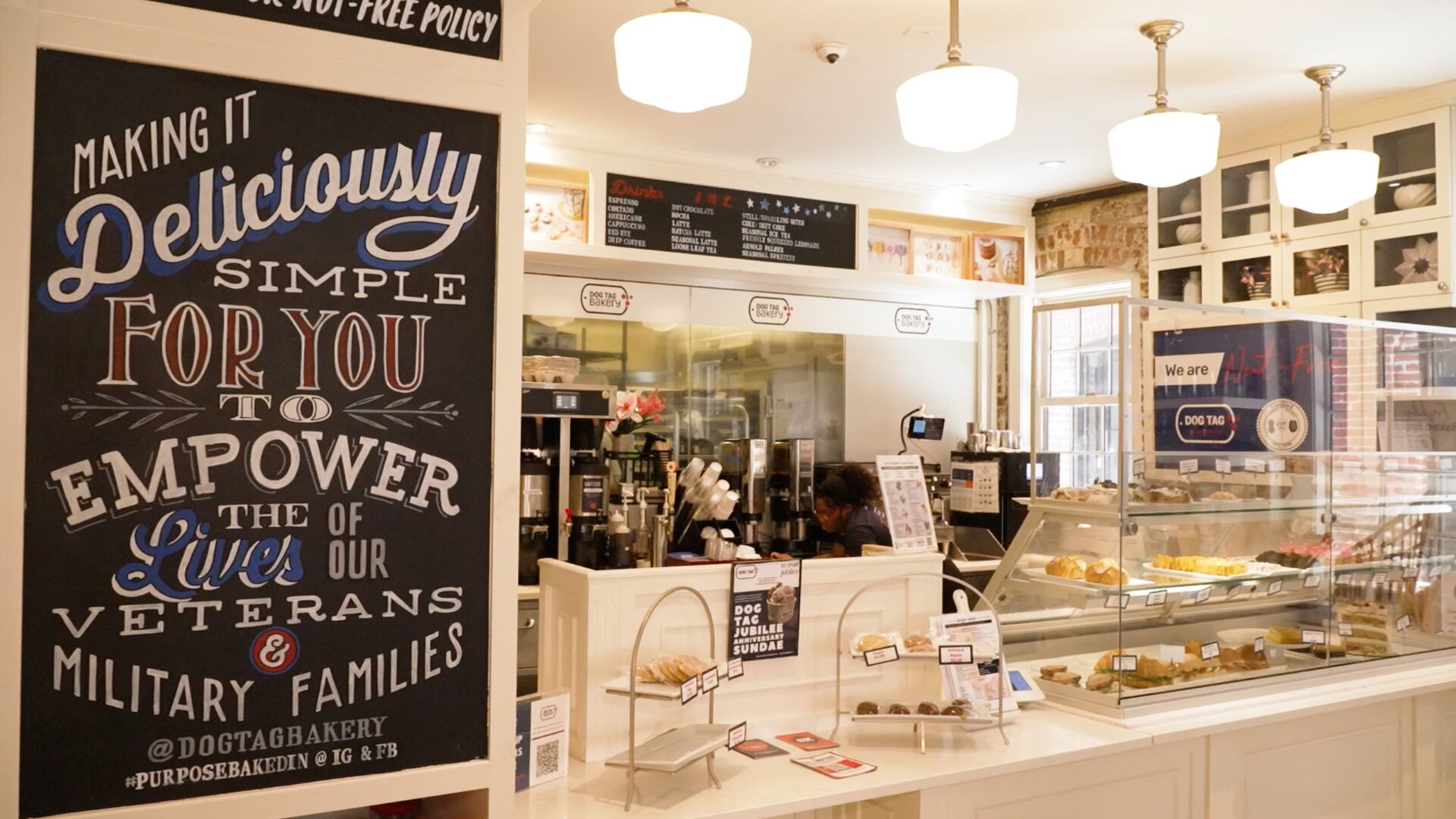By Alex Vuocolo
Beyond Meat is going mainstream and that is doing wonders for its investors. The California-based purveyor of plant-based protein products has seen its stock rise nearly 65 percent since the beginning of the year, closing Tuesday at $117.05 after topping $130 in an intraday high. The rise in stock value lines up with a series of high-profile deals announced with fast-food chains McDonald’s and Dunkin’, which will use Beyond products in their meals.
Monday’s market bump coincided with Dunkin’s release of the Beyond D-O-Double G sandwich, repped by rapper Snoop Dogg -- a decadent twist on the Beyond Sausage Sandwich featuring vegan sausage, egg, cheese, and a glazed donut for a bun.
That came hot on the tail of another announcement last week that McDonald’s is expanding its test run of the “P.L.T.,” or plant-based patty, lettuce, and tomato sandwich, which uses a Beyond patty, to 52 locations in southwestern Ontario, Canada for three months. Also last week, Beyond’s main competitor, Impossible Foods, bailed out of talks with McDonald’s due to concerns over its ability to meet demand.
The recent spike is only the latest ripple in a turbulent run for Beyond Meat shares. Since the company priced its IPO at $25 a share back in May, the stock has surged, then plunged, more than once. Most dramatically, it skyrocketed to $234.9 a share in July before ticking back down to around $80 per share in the last few months. Many analysts still advise holding on the stock.
Brian Holland, a senior research analyst for the wealth management firm D.A. Davidson, told Cheddar that the stock price will likely even out and that in the long-run ,full market penetration for Beyond is going to take time.
“I don’t think there’s much new,” he said. “We generally believe that Beyond Meat was the most likely partner for McDonald’s in some form or fashion.”
He added that McDonald’s has taken a measured approach by rolling out its Beyond products on a temporary basis, and that larger companies such as Nestlé and Tyson still present a threat.
These high-profile product crossovers, however, may only account for some of Beyond’s rising fortunes on the stock exchange.
Speaking at a retail conference in New York City on Tuesday, Beyond’s Executive Chairman Seth Goldman noted that the company hopes to expand into China over the next year and eventually bring its supply chain to every continent.
“We haven't announced anything, but we are expected to do something this year," Goldman said, according to a report from China’s Xinhua news agency.
China, which is currently experiencing a surge in pork prices due to an outbreak of swine fever, has seen its own share of companies enter the growing market for vegan and vegetarian alternatives to popular meat products. Food producers such as Zhenmeat and Whole Perfect Food now offer their own substitutes for meatballs and dumplings that cater to local tastes.
While competition is growing, the market for these products is sizing up as well. Total retail sales of plant-based foods have grown 31 percent since April 2017, according to data from the Plant Based Foods Association and The Good Food Institute, and 11 percent in the past year.
But grocery shoppers are clearly only one piece of the plant-based pie for Beyond. The company has gone all-in on working with fast-food chains to reach consumers who still equate meatless with stodgy tofu or seitan options rather than picture-perfect recreations of ground beef.
National brands aren’t the only game in town either. Beyond also partners with regional chains, like Carl’s Jr. and Hardee’s, which are common in the U.S. south, Canadian chains such as Tim Hortons and A&W Canada, and a number of one-off local restaurants throughout the country.
While there’s no precise data on how much 0f the plant-based market is comprised of fast-food restaurants, promoters of the industry see them as an important signifier of customer demand.
“What it shows is that consumers are looking for, and in some cases demanding, plant-based food options across the spectrum, whether that’s at their favorite fast-food restaurant or in a sports stadium or on a college campus or in a grocery store,” said Michael Robbins, a spokesperson for the Plant Based Foods Association.











